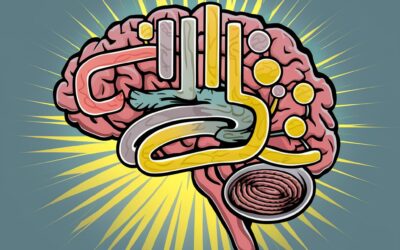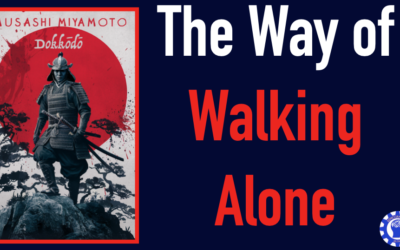The Shifting Dynamics of Work and Career
One of the most significant factors contributing to the new midlife crisis is the changing nature of work and career paths. Gone are the days when individuals could expect to climb a linear corporate ladder, secure in the knowledge that their hard work and loyalty would be rewarded with a comfortable retirement. Today's workforce is faced with constant disruption, technological advancements, and the need for continuous upskilling.
For many in their midlife years, this reality can be daunting. After dedicating decades to a particular field or industry, the prospect of reinventing oneself or adapting to new technologies can be overwhelming. The fear of becoming obsolete or being passed over for younger, more tech-savvy candidates can lead to a crisis of confidence and a sense of uncertainty about one's future prospects.
The Burden of Caregiving Responsibilities
Another significant challenge that often emerges during midlife is the increasing burden of caregiving responsibilities. As individuals navigate this stage of life, they may find themselves sandwiched between caring for aging parents and supporting their own children, whether financially or emotionally.
This dual responsibility can be emotionally and financially draining, leaving little time or energy for personal pursuits or self-care. The stress of juggling multiple roles and obligations can lead to burnout, resentment, and a sense of losing one's identity beyond that of a caregiver.
The Quest for Meaning and Purpose
In the midst of these practical challenges, many individuals in their midlife years also grapple with existential questions about meaning and purpose. After years of focusing on building careers and raising families, some may find themselves questioning the deeper significance of their lives and seeking a more profound sense of fulfillment.
This search for meaning can manifest in various ways, such as a desire to pursue long-neglected passions, engage in volunteer work, or explore spiritual or philosophical paths. However, reconciling these newfound yearnings with the practical realities of life can be a delicate balancing act, leading to internal conflicts and a sense of restlessness.
Navigating the New Midlife Crisis
Addressing the new midlife crisis requires a multifaceted approach that acknowledges the unique challenges faced by individuals in this stage of life. Here are some strategies that can help navigate this transition:
1. Embracing Lifelong Learning: Investing in continuous education and skill development can help individuals stay relevant and adaptable in the ever-changing job market. This not only enhances career prospects but also fosters a sense of personal growth and accomplishment.[1]
2.Prioritizing Self-Care: Amidst the demands of work and caregiving responsibilities, it is crucial to prioritize self-care practices such as exercise, mindfulness, and seeking support from loved ones or professionals. Taking care of one's physical and mental well-being can help mitigate burnout and maintain a sense of balance.
3. Exploring Flexible Work Arrangements: As the workforce becomes more diverse and inclusive, employers are increasingly recognizing the need for flexible work arrangements that accommodate the unique needs of midlife employees. Options such as remote work, part-time schedules, or job-sharing can alleviate some of the pressures faced during this stage of life.[1]
4. Cultivating Meaningful Connections: Building and nurturing meaningful connections, whether through social activities, community involvement, or shared interests, can provide a sense of purpose and belonging beyond the confines of work and family obligations.[1]
5. Seeking Professional Guidance: For those struggling with more profound existential questions or emotional challenges, seeking the guidance of a therapist, life coach, or counselor can provide valuable insights and coping strategies tailored to individual needs.[1]
The new midlife crisis is a complex and multifaceted phenomenon that reflects the evolving realities of modern life. By acknowledging and addressing the unique challenges faced during this stage, individuals can navigate this transition with greater resilience, purpose, and a renewed sense of fulfillment.
The Audiobook Market’s Adaptation to Cultural Changes
Today...
Synesthesia, Writing, Filmmaking and the Falcon.
Synes...
The Growing Gender Divide Among Young People
In...
Stop Overthinking and Anxiety: Practical Tips to Quiet Your Mind
How...
Canadian Immigration Surge Worsening Outlook for Housing Affordability
The...
How to Find the Right Work and Relationship Partner with the 37% Rule.
Today...
How Our Brains Turned Fools Woke – Dr. Iain McGilchrist
Here...
The Unique Challenges of a WLW Breakup
A...
Musashi Miyamoto – Review of ‘The Way of Walking Alone’
Musas...





















